
Kwengface is prepared to embark on his next journey. He initially gained global recognition as a member of the well-known yet polarizing UK drill collective Zone 2. The Peckham native has demonstrated his capability to stand out as a solo artist. His distinct flow and unapologetic lyrical style established him as a key figure in his genre, notably marked by a pivotal moment in drill when he unveiled his face for the first time during his COLORS performance of ‘Freedom.’
However, that moment carried a sense of lost opportunity for Kwengface, as he couldn't seize the moment due to being incarcerated for a conspiracy charge. 21 months after his sentencing, Clash spoke with the rapper in one of his first interviews post-release to discuss his time in prison, the impact of fatherhood on his life, and the new paths he is pursuing to advance his career.
—
—
Let’s revisit the beginning of your rapping journey. When did you first become interested in music?
I began making music around 2011 when I was about 13, but I really started making an impact around 2016. I’ve always been passionate about music, and at that age, you want to explore everything to find out where your talents lie. As a young boy, if someone says you can’t do something, you feel motivated to prove them wrong. I was in that phase of figuring things out, and music was where I discovered my talent.
Who were your major influences during that period?
Chief Keef, Lil Durk, Lil Reese. They’re a little older than me, by about two years. I’ve always had a passion for music since I can remember. I fondly recall sitting in my mum’s car listening to Alicia Keys, Keisha Cole, and John Legend. Music has always been a part of my life.
In the early stages of your career, you gained significant attention through Zone 2. What was that time like, and what impact do you think you had on the UK Drill scene?
You know what? You don’t really realize it while it's happening until you take a step back and see how much we actually accomplished. At the time, we were simply sharing our stories and truths. It was presented in a raw way, which the government and media found unappealing, but it was our way of saying, ‘This is our reality – we're here and need to be acknowledged.’
Now, looking at the impact, I can see how many new rappers are emerging. Drill has evolved into one of the most prominent genres. Not just UK Drill, but it has transcended borders, evident in New York, France, and beyond. It’s now one of the largest genres worldwide.
You mentioned the controversy surrounding Zone 2 in governmental and media contexts. You were all quite young at the time; how did that external pressure affect you then, and how do you view it now?
We were essentially living in the moment and weren't focused on that external scrutiny. Sure, people were aware of us, but they were in their own separate spheres and didn’t quite understand. As I said, it’s only years later that you begin to notice. Looking back, I find it amusing because people often try to link us to that narrative, but it feels somewhat cringe-worthy to me.
After Zone 2, you transitioned into solo work. How did your musical approach change from being in a group to being a solo artist?
The shift to going solo wasn’t really a choice for me at that time since everyone ended up in prison – PS, Trizzac, Snoop. That transition came from taking things more seriously and surrounding myself with the right people. As Kwengface, my manager now is different from the one I had while in Zone 2. I think these changes facilitated a smoother transition to being a solo artist.
From your beginnings in Zone 2 to your current work as Kwengface, how do you think your skills have developed over time?
I feel I possess a greater understanding now. I have always known what a good song should sound like and how it's constructed, but I'm learning continuously. From aspects like learning levels and stabs, to when and how to apply them – it’s all about practice. I’m still not perfect, but I've had considerable practice. While I was incarcerated, I also devoted a lot of time to reading, which helped enhance my writing and creativity.
—
—
In 2023, you performed ‘Freedom’ on COLORS and revealed your face for the first time. Do you feel that revealing your face has given you more freedom, or did the mask allow you the freedom of anonymity?
I hadn’t considered that fully, but it definitely works both ways. Wearing the mask allowed me the freedom to express whatever I wished. Now, showing my face makes me feel more exposed, but it also clarifies to the world that I’m an artist, not just affiliated with drill. I can now go anywhere
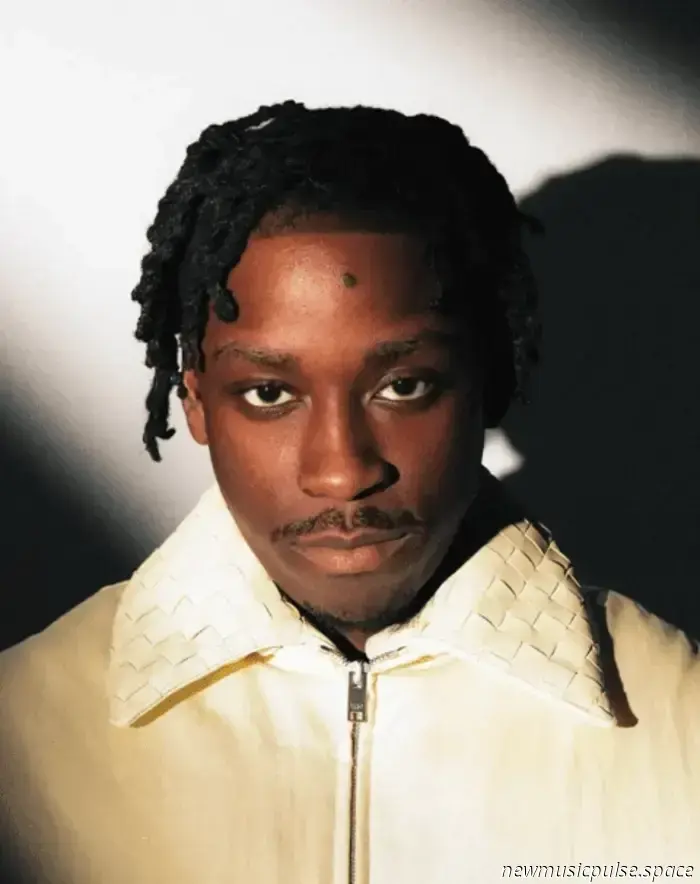

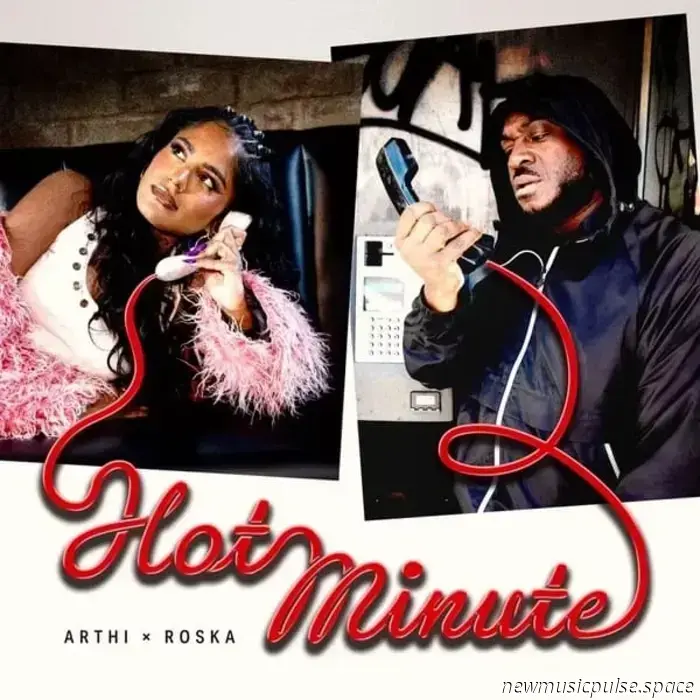
Emerging DJ and producer Arthi collaborates with club music icon Roska for the exciting new single ‘Hot Minute’, set to release on April 4th through Rinse. The initial
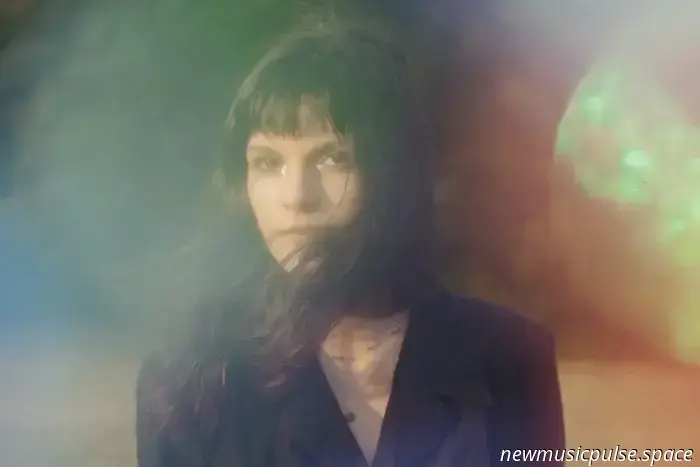
An energetic indie folk anthem of empowerment, Filiah's captivating new single “On & On” transforms grief and shame into self-acceptance and emotional liberation.
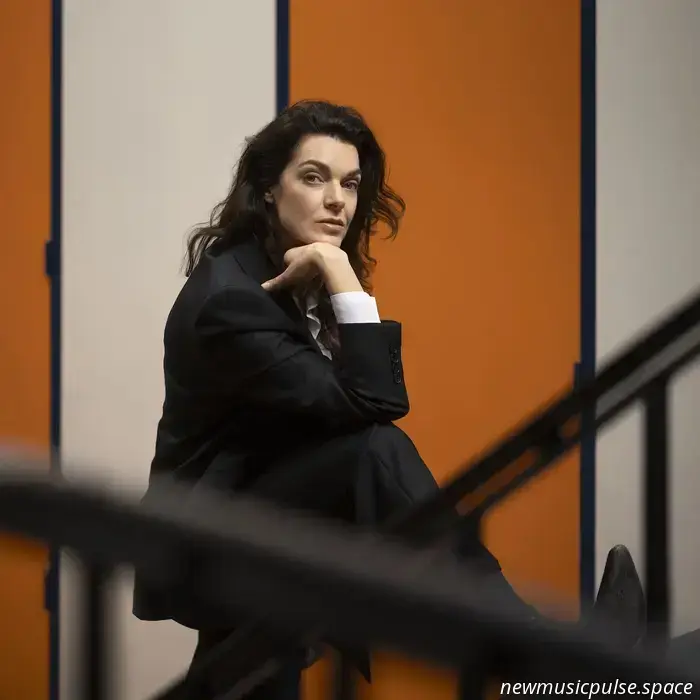
Lilian Hak is making a significant move with her new single, ‘I Will Ever Be Your Head’. This cinematic piece from the Dutch producer, songwriter, and vocalist, the
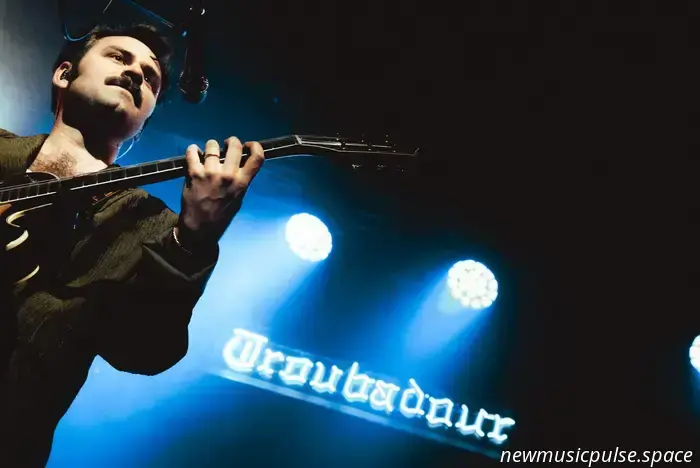
Two thousand miles away from home, and just after the launch of his new album 'Gold Mine,' Nashville’s Stephen Day showcased a 24-karat lesson in the lasting impact of live performances.

Rian Brazil is poised to make a significant impact with his fluid approach to genre. This London-based artist is fully immersed in his craft.
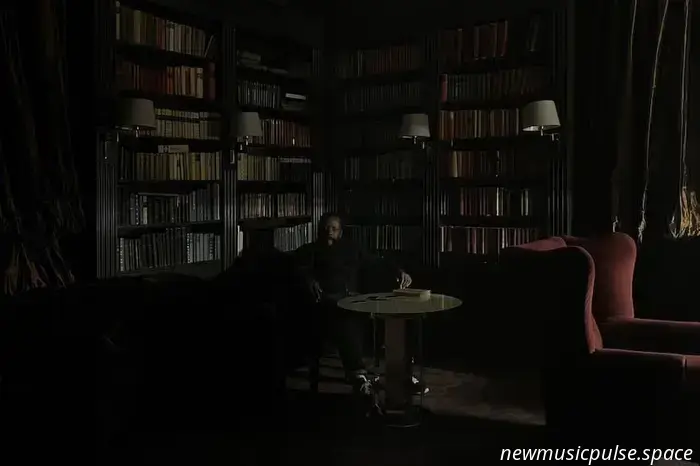
New York City rapper billy woods is back with his latest single 'BLK ZMBY'. The last few years have been particularly productive for the avant-garde rap artist, as he has
Kwengface is prepared for his upcoming chapter. He initially rose to global prominence as a member of the influential, though controversial, UK drill collective Zone 2, hailing from Peckham.